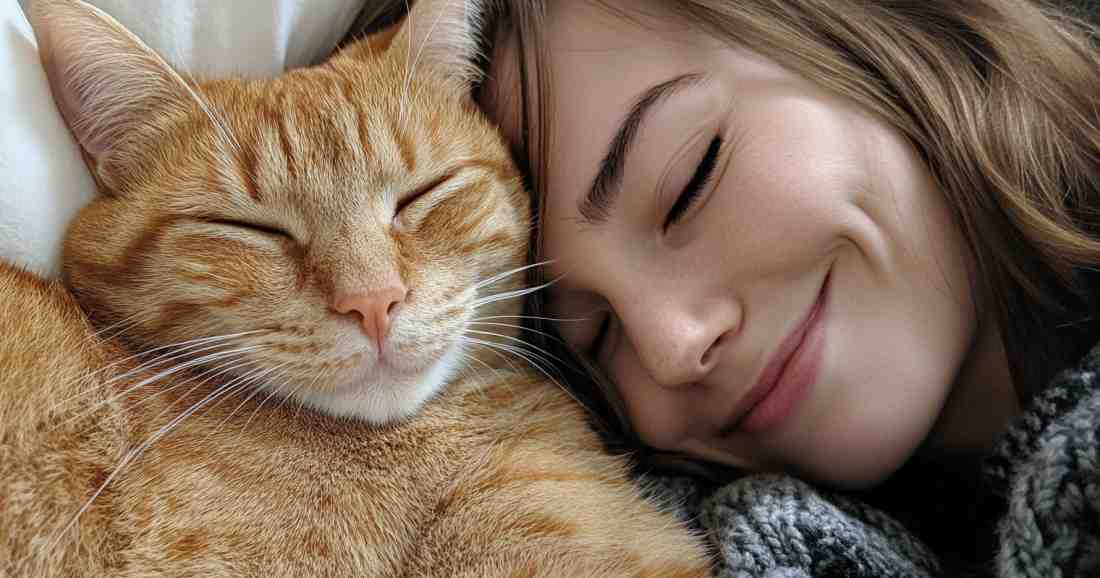
Does My Cat Love Me Quiz – Decode Your Feline’s Affection! Cats have a reputation for being independent, but that doesn’t mean they don’t form strong bonds with their humans. Unlike dogs, which display affection through tail wags and excited greetings, felines express love in more subtle ways. Some show their devotion through head bumps, purring, or slow blinking, while others may follow their owners around or sleep nearby. If you’ve ever wondered whether your cat truly loves you, this Does My Cat Love Me Quiz will help you find out!
Other behaviors, such as kneading with their paws, bringing “gifts” like toys, or rubbing against your legs, indicate affection. Slow blinking, often called “cat kisses,” is another sign of deep connection, as cats use this gesture to express trust.
Every feline has a unique way of expressing affection. Some are naturally social, enjoying cuddles and lap time, while others prefer to stay close without direct contact. Head bunting, where a cat gently bumps its head against a person, is a strong sign of trust and bonding.
How Do Cats Show Love?
Signs Your Cat Loves You
🐱 Purring Often Means Happiness – Though purring can also be a self-soothing mechanism, it’s commonly a sign of contentment and affection.
🐱 Following You Around Shows Attachment – A cat that shadows you from room to room is demonstrating companionship.
🐱 Head Butts and Cheek Rubs Mean Trust – Scent glands on their faces allow cats to mark you as part of their “safe” territory.
🐱 Grooming You Strengthens Your Bond – Licking your hands or hair mimics the social grooming they would do with fellow felines.
🐱 Sleeping Near You Is a Sign of Security – Choosing to nap beside you means they feel safe in your presence.
Why Understanding Feline Affection Matters
Recognizing a cat’s unique love language helps strengthen your bond. Many people misinterpret feline behavior, assuming that independence equals disinterest. In reality, cats form deep emotional connections with their owners and express love in ways that align with their instincts.
Creating a strong relationship with a cat requires patience, respect for boundaries, and positive interactions. Engaging in play, speaking softly, and maintaining a stress-free environment contribute to a happy, affectionate pet.
Are You Ready to Take the Does My Cat Love Me Quiz?
Curious to know how deeply your feline companion adores you? Whether your cat is a social butterfly or a quiet observer, this Does My Cat Love Me Quiz will help you interpret their signals of affection.
Cat Quizzes – Are you a true feline expert?
Cats can be hard to read, but trust is a strong sign of love—find out where you stand with the Does My Cat Trust Me Quiz. If you’re still deciphering your cat’s feelings, revisit the Does My Cat Like Me Quiz to see what body language reveals. And if your feline friend has a mysterious past, uncover its wild roots with the Is My Cat Feral Quiz.
